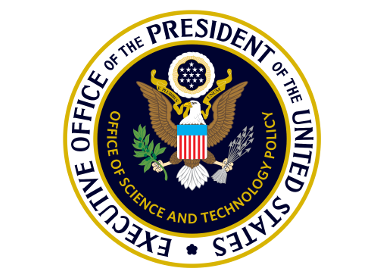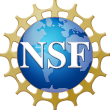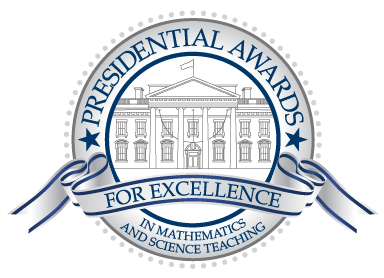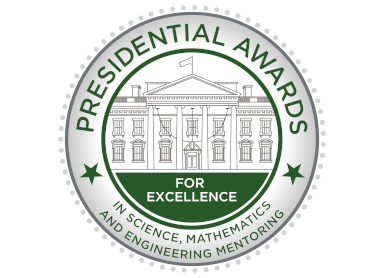Jason Galbraith
Portland, OR | 7-12, Science, 2019

What motivates you to contribute to excellence in STEM teaching?
I feel that high school is the ideal time to build skills and inspire students. That is what I do every day. My degree in artificial intelligence allows me to take students into some of the most advanced topics in Computer Science, even having a few students performing professional level research. On the other hand, there are some students that simply would not come to school if they did not have video game design. Those students are equally a part of my success.
What has been the most transformative moment that affirmed your impact on STEM education?
I have now taught thousands of students, both due to the number of years I have been teaching and giant class sizes. Numerous alumni have gotten in touch with me and stated how important my classes were to preparing them for life beyond high school. Some go to college, while others go directly into the workforce, yet all feel like my classes helped prepare them for success. Just this year I had over twenty notes from graduates, mostly from young women, that wrote about how I had given them the confidence and skills to pursue technology beyond high school. With impact like that, how can I possibly say no to teaching another year?
Using your platform as a Presidential Awardee, how do you hope to advance our nation in STEM?
While the artificial intelligence revolution has some impressive potential, it also has the danger of severely damaging education if it is not incorporated well. In the same way we cannot hand a kindergartner a calculator and consider math education complete, we need to make sure students build critical thinking skills, rather than just letting the computer do it for them. At the state level, I hope to build sensible technology education policy throughout the K-12 education system.
Biography
Jason Galbraith has taught high school computer science classes at Sunset High School since 2007. He teaches a variety of classes to 9th-12th grade students, including multiple levels of video game creation, web design, robotics, 3D modeling, artificial intelligence, cybersecurity, and software engineering. He also teaches dual-credit classes in Java, C++, and data structures through Portland State University. Beyond classes, Jason has supervised a variety of afterschool clubs and competitive teams, all of which revolve around programming, video games, or board games. Jason taught summer courses for Saturday Academy and helped found and run the Northwest Advanced Programming Workshop, where students from the northwest came together for three weeks to learn industrial software engineering techniques in teams. Jason has been an active member of the Oregon Computer Science Teachers Association where he has taught many workshops, including incorporating computer science into science classes, video game creation, 3D modeling, programming, and creating flipped classrooms. He also worked with Professor Peter Drake of Lewis & Clark College on research attempting to make a computer Go player that can compete professionally. Jason earned a B.S. in computer science from Willamette University with minors in mathematics, physics, and art history. He earned his M.S. in computer science from the University of Oregon, focusing on artificial intelligence and simulations, and his M.A.T. from the University of Portland. He is certified in Career Technical Education for computer science and engineering, as well as in advanced mathematics and physics. He has also won the CS Teacher Excellence Award from CSTA, Educator Award from NCWIT, and Excellence in Education Award from Sunset High.
High-resolution version of the official portrait photograph
Awardee with Dr. Quincy Brown, Senior Policy Advisor at the White House Office of Science and Technology Policy (OSTP) and Dr. Sylvia Butterfield, Acting Assistant Director at the Directorate for Education and Human Resources (EHR) within the National Science Foundation (NSF)
High-resolution version of the teacher profile photograph
The views expressed in awardee profiles are those of the author and do not necessarily reflect the views of NSF or the PAEMST program.



